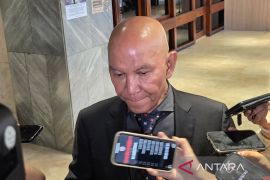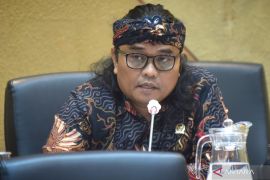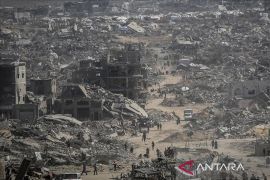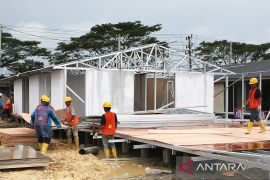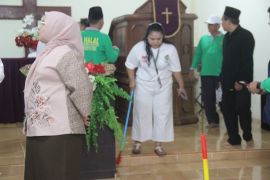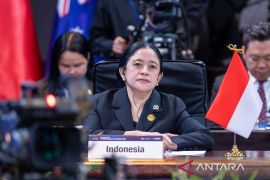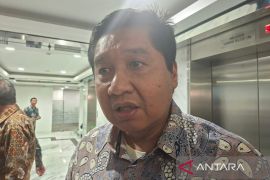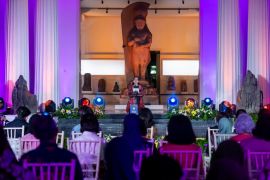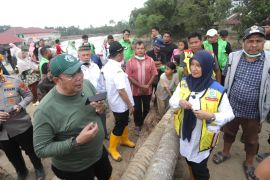PDIP faction and a number of other factions -- Golkar, Nasdem, PKB, Hanura and PPP - would make up a vast majority of members of the Parliament to vote for the revision.
PDIP faction secretary Bambang Wuryanto said all members of the faction are united in supporting the move to revise the Law No. 30 of 2002 on KPK.
"PDIP cadres have to stand in line with the order of the party and carry out the order," Bambang said at the Parliament building here on Thursday.
He said voting for the revision of the KPK law is an order from the party and all members of the PDIP faction agreed to carry out the order.
He said we need to look back to the history of KPK, how it was established until the call for the revision.
KPK was formed in 2002 when both police and the prosecution office were considered to have failed in carrying out their fight against rampant corruption in the country.
However, now the condition had changed and the two law enforcement agencies had proved effective in fighting corruption,therefore, KPK should function only as a supporting agency, he said.
The revision calls for limiting the existence of KPK for 12 years after the law is passed into law, and KPK may not tap any individual conversations suspected of corruption without an approval from the court.
The draft law also calls limit to KPK authority in handling corruption cases that cases involving less than Rp50 billion in state funds should be handed over to police or the prosecution office to carry out investigations.
KPK leaders have voiced strong protest against the draft law calling for the revision of the anti graft agency, which has been seen as a super body with two much authority.
Acting chairman of KPK Taufiequrrachman Ruki cited a number of reasons for rejecting the draft law.
"For 12 years KPK has proved good cooperation in the process of investigation and prosecution with 100 percent of suspects convicted," Ruki said.
He also said KPK leaders also reject limit to cases to be handled by the agency as called for the draft law.
"It makes no sense as KPK is focused more on legal subject rather than on state losses... " he said.
He said KPK also rejected the point in the draft law that KPK has to seek approval from the court to tap any conversation of individuals suspected of corruption.
"Based on a decision of the Constitutional Court in 2003, KPKs tapping authority is not contrary to the law, therefore, it should be maintained. So far, tapping has contributed to KPKs success in carrying out its mission. Abolishing the tapping authority would weaken KPK in its fight against corruption," he said.
KPK also rejected opposition to KPK naming own investigators. So far KPK investigators have been supplied by police and the prosecution office.
"KPK should be given the authority to recruit own staff and name investigators and general prosecutors to be installed by KPK leaders based on competence, not with the status as police and prosecutors," Ruki added.
Meanwhile, the Islamic Prosperous Justice Party (PKS) said the initiative to revise the law on the Corruption Eradication Commission (KPK) should come from the government.
"It is clear there is the need for improvement or revision of the law after 15 years, but the initiative should come from the government so that the results would be more constructive," PKS President Sohibul Iman said.
Sohibul said if the government initiative is necessary that consolidation of the law enforcement agencies would be easier in making any change.
After the law enforcement proposed revision of law on KPK, the proposal could be brought to the parliament for approval, he said.
The process would be ,pre constructive and simpler, he added.
On the contrary, if the initiative came from the parliament, it would take time for the factions to haggling, he said.
He said after studying the draft law he found that his party would not agree to vote for it.
The draft law would not improve the position of KPK, but on the contrary it would weaken KPK, he said.
"Clearly we are not in a position (weaken KPK). We reject the move," he said.(*)
Editor: Heru Purwanto
Copyright © ANTARA 2015
